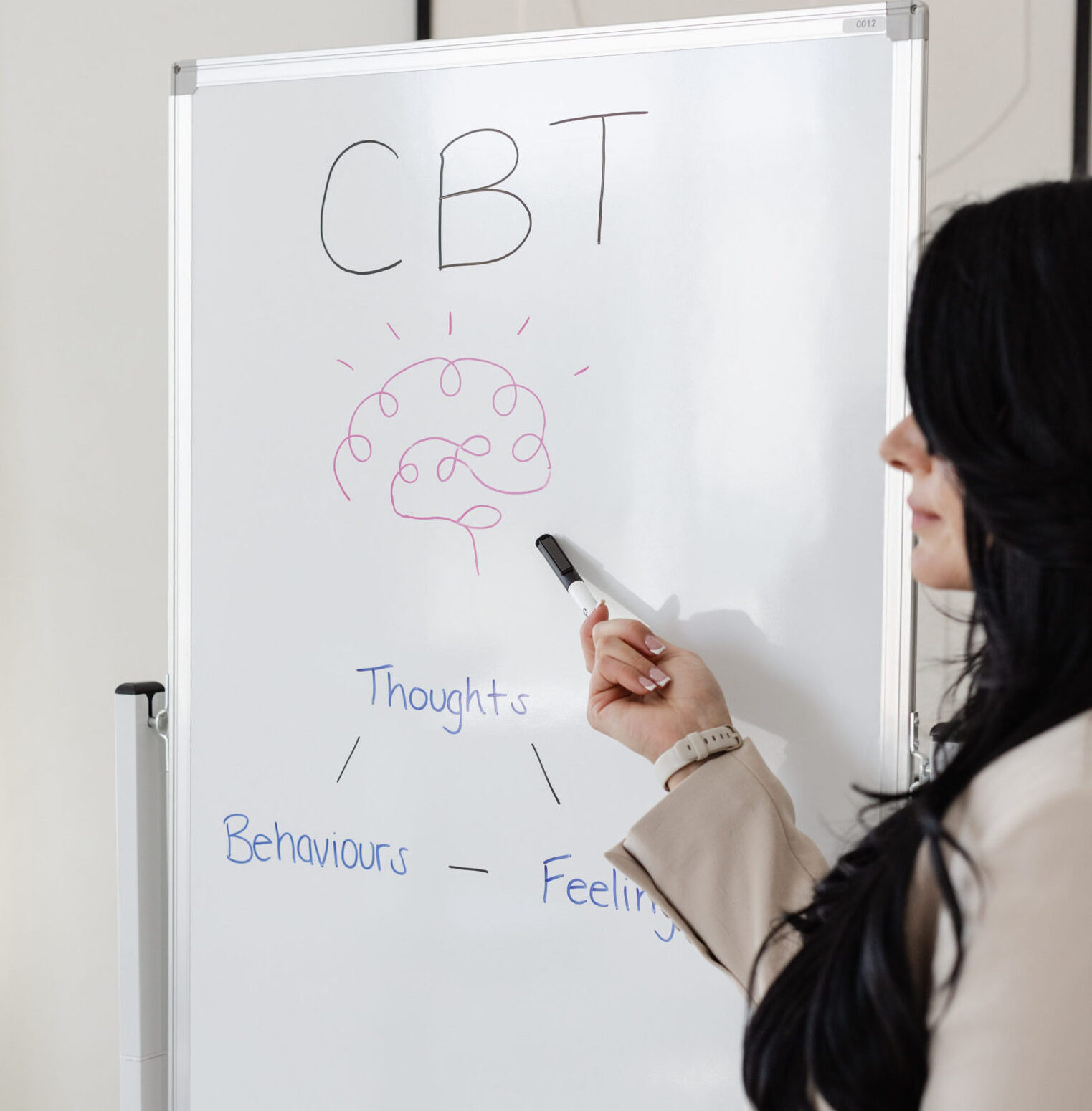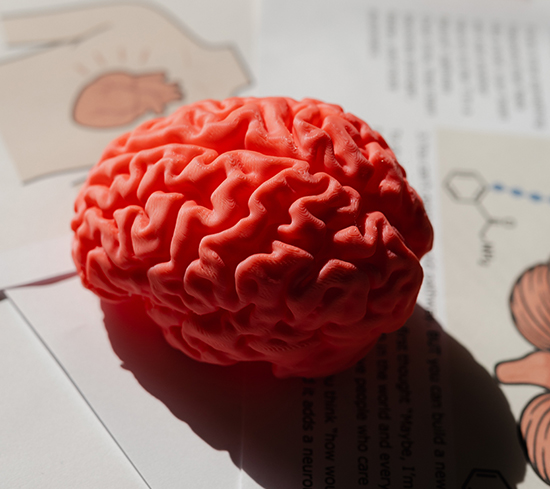

Virtual Therapy In Ontario, In Person Therapy in Hamilton, Oakville & London





Are you facing troubles in life that affect your mental well-being? Take the first step towards holistic healing with Vital Minds Psychotherapy. Your mental health is VITAL to your well-being! Our registered psychotherapists will provide support. Say hello to a new phase of life without the burdens of the past and present from impacting your future.
Get Started




Our team at Vital Minds Psychotherapy will make you feel comfortable talking about the innermost fears in your life. After all, we know how brave and deeply intimate it can be to step into therapy for the very first time.
We have experienced therapists who understand, hear, and walk with you every step of the way. Our evidence-based practices bring together experienced and compassionate therapists. We remain firmly committed to a safe space in which you experience total healing.
We believe at Vital Minds Psychotherapy in nurturing a person inside and out. This will positively impact the mind and body. We instill evidence-based therapeutic modalities with deep attention to nervous system regulation. This allows us to create a comprehensive path toward healing and growth for you.
Learn MoreYou can check out our unique services to support your unique healing journey.

You can try empathic online therapy in Ontario, Canada with our therapists. With us, you now have a safe way of starting your journey towards healing without being impacted by location or time constraints. Making us a great option for holistic healing with helpful sessions carried out by our experts.

Heal your nervous system through our innovative somatic approach. We will help you release buried trauma and emotions using mind-body techniques. Our therapists guide you in teaching the body how to feel safe. This way, somatic psychotherapy in Hamilton lets you achieve a deeper degree of healing.

Do not let negative thought patterns scare you. We can work with you to change the negatives into positives via proven CBT techniques. Our experts help you identify triggers and develop coping strategies. Doing so will let you create lasting behavioral changes. We follow a proven and structured approach, empowering you to break free from limiting beliefs and build healthier thought patterns.

Discover your inner harmony! We can identify and work with the sub-personalities or parts of the internal mental system. Our IFS therapy helps you identify and balance internal conflicts. As a result, you will experience greater self-awareness and emotional regulation.

We create a safe space for exploring your challenges, emotions, and aspirations. Working with us, you can get strategies for growth and healing. We want to be there to listen to your opinions and thoughts.

Our therapists will help you support your child’s emotional development with psychotherapy in Hamilton. Build stronger family bonds and foster an essence of connection through family-centered approaches to create positive change.

Do you want to strengthen your relationship? Then give couples therapy a try with us. We help couples identify negative patterns and resolve conflicts. Our experts help you gain a deeper connection and lasting relationship.

Gain powerful insights into your thinking patterns and behaviors
Develop effective coping mechanisms for life’s challenges
Build stronger, healthier relationships with yourself and others
Enhance your emotional regulation and resilience
Regulate your nervous system through the mind-body connection

You can connect with our expert therapist in Hamilton for
Your path to transformation commences with Vital Minds Psychotherapy. Reach out today to discuss your needs. Our therapist will show how our approach can support your growth.
























If you’re considering EMDR therapy at our clinic in Hamilton, you may be wondering what…
Read More
People often think of grief as something we eventually get over. Friends, family, and workplaces…
Read MoreExplore insightful articles, helpful tips, and expert advice on mental health, self-care, and emotional well-being. Whether you’re seeking guidance on overcoming challenges, understanding psychological concepts, or finding support in your journey, our blog is here to offer valuable resources.
View AllFAQ
As humans, feeling anxious is normal from time to time. Some signs that one may need to seek therapy for anxiety include symptoms of feeling overwhelmed, irritability, restlessness, struggle to maintain or build relationships, heart palpitations, and fatigue. If you notice that any one of these signs is getting in the way of your basic lifestyle, it is important to reach out and talk to a professional for help and guidance.
Burnout, chronic stress, and emotional exhaustion can come in different forms and to all individuals undergoing work-related, personal, social, physical, or mental stress. Burnout is often associated with compassion fatigue and moral stress. Oftentimes, burnout occurs when work stress is combined with additional stressors that exceed the ability to cope, further resulting in mental and physical distress. The results of poor coping with burnout and chronic stress can lead to worsened symptoms as well as addiction, depression, and more. Stress and burnout have become increasingly common around the world. Treatment for chronic stress and burnout involves multi-faceted approaches such as CBT strategies, lifestyle adjustments, mindfulness, emotion-regulation practices, and a strong support system. Making that first step to seek help and support is crucial to getting on the right path to further alleviate and address such factors and symptoms of stress and burnout.
CBT is an evidence-based psychological treatment that is proven to be effective in the treatment of a variety of problems including anxiety, depression, relationship concerns, substance use problems, mental illness and eating disorders.
CBT’s core principles include viewing psychological problems as a result of unhelpful thinking patterns and learned behavior. The cognitive aspect of treatment involves identifying unhelpful thinking patterns and restructuring thoughts into more adaptive thinking. The behavioral aspects include strategies to change behavior and improve coping skills.
Clients can expect to learn new skills that can be practiced in everyday life to help challenge and change their negative thinking and problematic behavior and emotions.
The CBT therapist can help the client explore and monitor their thoughts so they can learn how their thoughts drive their emotions and behavior. Clients learn to identify various types of distortions in thinking that contribute to depression and anxiety in order to replace negative thoughts with more constructive thoughts. Changing negative thoughts to more accurate and balanced thinking can help reduce symptoms of anxiety and depression and improve mood and outlook on life.
CBT treatment for OCD involves a combination of cognitive restructuring with Exposure and Response Prevention (ERP). This consists of providing psychoeducation to the client about communication problems between the front part of the brain and the deeper parts. In OCD, the brain provides false information and sends a “danger” signal, which elicits the obsession or compulsion as a protective response. The only way to change how the brain functions is to practice doing something different. By slowly introducing the person with OCD with the situations or objects that trigger their compulsions and obsessions and teaching the client to delay their response to the trigger, clients can gain a sense of control. Through the exposure, clients learn that the messages they are receiving that are contributing to the obsession and compulsion are incorrect. ERP can assist clients to better cope with their anxiety understanding that they are experiencing sensations which are not dangerous, which allows them to challenge the accuracy of their thoughts contributing to OCD. It is important to note that the treatment of OCD is paced in accordance with the client’s goals.